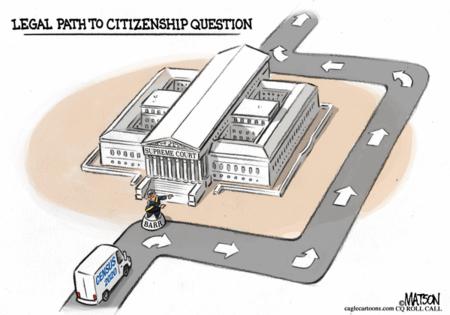Census 2020: Accurate Count Essential
I hope we get it right.
Data collection for the 2020 U.S. Census ends soon. This census, the 22nd in U.S. history, has faced its share of challenges and controversies.
The goal of the census has remained the same throughout its 230-year history: to count every person living in the United States.
The Constitution requires the federal government to do so every 10 years. The population count determines the number of U.S. House seats each state will have - which can become highly political.
When a state gains or loses seats, the party in power sometimes redraws congressional districts in hopes of making it impossible for the other party to win. That’s why census results are so important to politicians.
The census also determines how much federal funding your neighborhood will receive. The more people counted in a region, the more money that region will receive for roads, bridges and other government programs.
From the start, this census has faced no small number of controversies and challenges.
“From cybersecurity issues to administrative problems to a legal drama over a possible citizenship question, there are plenty of reasons to worry about the decennial head count,” noted The Atlantic in July 2018.
Cybersecurity certainly is a concern. This is the very first census that allows answering questions online - which may put respondents and their data at risk of cyberattack, particularly amid COVID-19, which has brought thousands of scammers out of the woodwork.
Wired reported in 2019 that “experts fear the (census) bureau is opening itself up to a range of new risks, from basic functionality and connectivity failures to cybersecurity threats and disinformation campaigns.”
...continued
Copyright 2020 Tom Purcell, All Rights Reserved. Credit: Cagle.com












